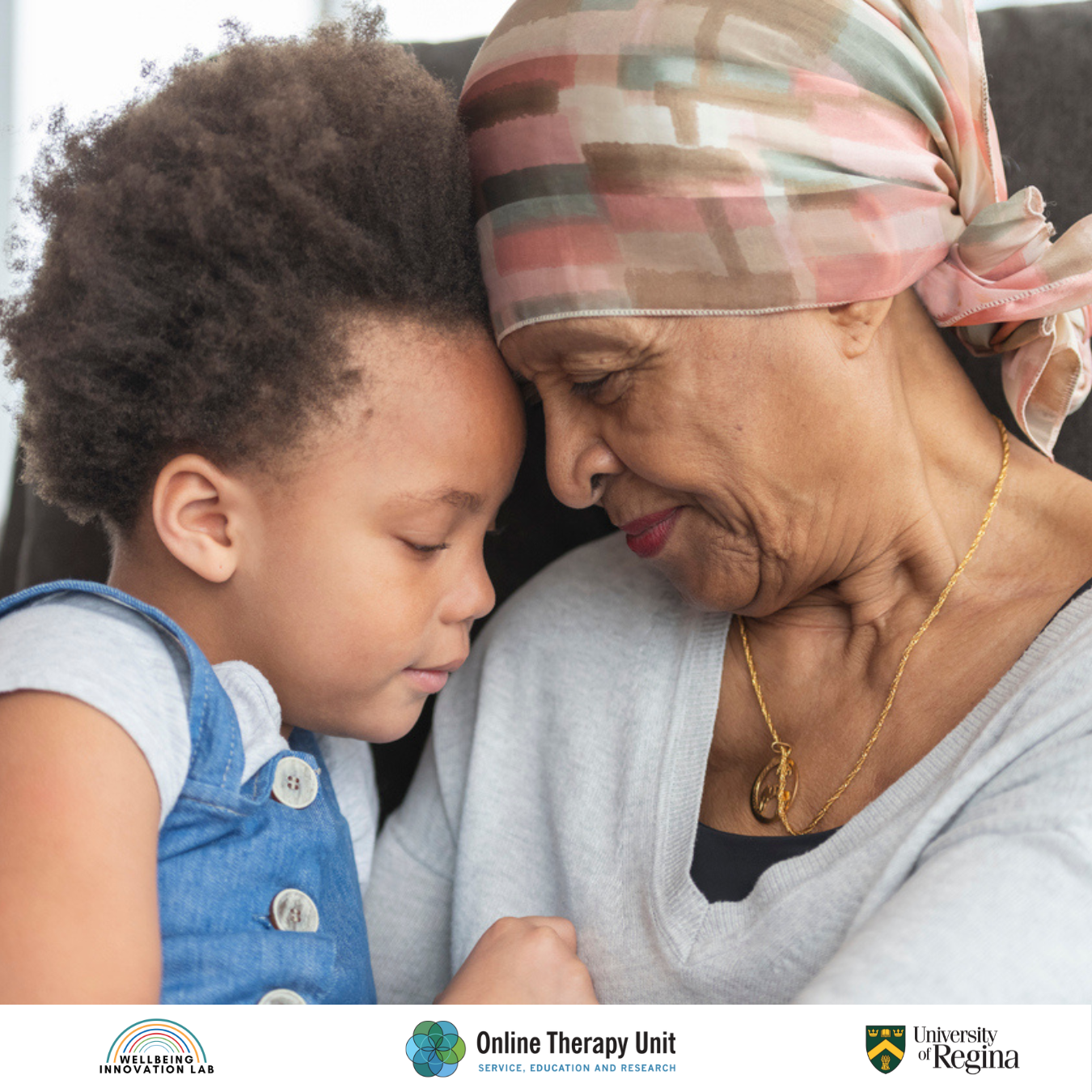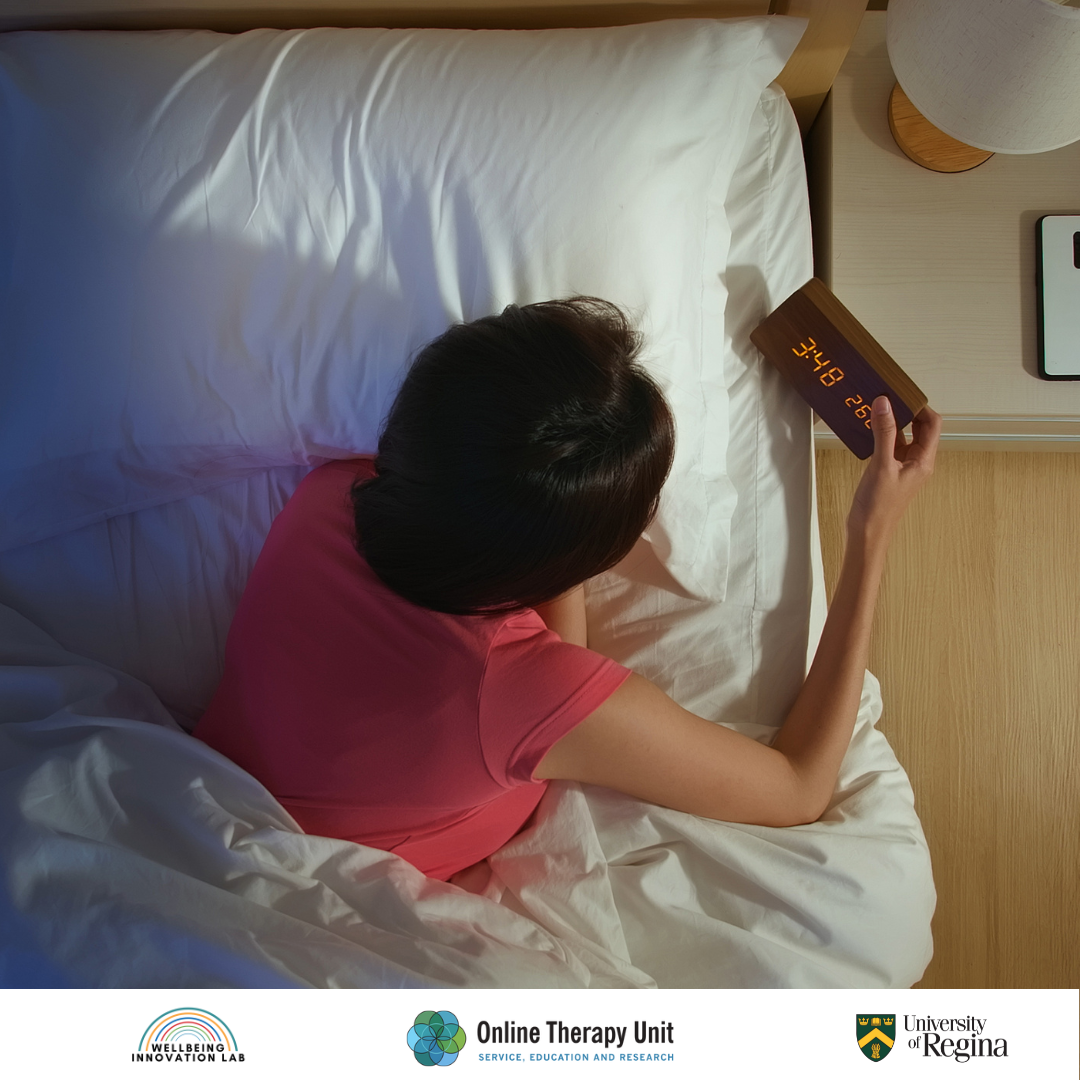Examining motivational interviewing and booster sessions in Internet-delivered cognitive behaviour therapy for post-secondary students: An implementation trial
PhD Thesis Results, Vanessa Peynenburg 2022
Background: Nearly one-third of post-secondary students meet criteria for a mental disorder within any given year, with many students not receiving treatment. Internet-delivered cognitive behaviour therapy (ICBT) is an alternative to face-to-face services that is effective in general adult populations, but has been associated with high attrition rates and smaller effect sizes in student populations. Motivational interviewing (MI) is used by therapists in face-to-face settings and can help improve treatment completion and outcomes. Booster sessions are often used in face-to-face therapy to maintain long-term changes. To date, the use of online MI and booster sessions in ICBT for students has not been examined. In this implementation trial, the role of MI and booster sessions on treatment completion and outcomes was examined in Saskatchewan.
Methods: In this factorial trial (factor 1: presence of pre-treatment online MI); factor 2: presence of a booster lesson), a total of 308 clients were randomized to one of four groups: standard care, MI, booster, and MI + booster. All clients received a 5-week transdiagnostic ICBT course (the UniWellbeing Course) for symptoms of depression and anxiety. Primary outcomes included symptoms of depression, anxiety, and perceived academic functioning. All primary measures were administered at pre-treatment, post-treatment, and 1- and 3-month follow-up, Implementation outcomes (i.e., acceptability, adoption, and fidelity) were also examined.
Results: Across all four groups, clients experienced large reductions in symptoms of depression and anxiety, as well as small improvements in perceived academic functioning. Changes were maintained at 1-month and 3-month follow-up. No benefit was found for the inclusion of MI on treatment completion, although clients who were assigned to MI had slightly larger improvements in symptoms of depression and anxiety at post-treatment. 30.9% of client assigned to one of the booster groups accessed the booster. When examining the booster groups as a whole, no benefits were found for improvements in depression, anxiety, or perceived academic functioning at 3-month follow-up. However, a sub-analysis of clients who accessed the booster found a small advantage in favour of the booster for depression. Overall, clients were satisfied with ICBT, although treatment completion remained low. Uptake of the ICBT course was highest at the two largest post-secondary institutions in Saskatchewan.
Conclusions: There is some evidence to suggest that including MI at pre-treatment results in greater symptom reduction, although these benefits do not persist to 1-month and 3-month follow-up. The inclusion of a self-guided booster lesson may also help with continued symptom management up to 3-month follow-up, but low uptake is a barrier to clients experiencing these benefits. Findings from this trial contribute to the literature on improving ICBT outcomes for post-secondary students.
Perceptions of and preferences for Internet-delivered cognitive behaviour therapy for anxiety and depression in post-secondary students
Masters Thesis Results, Vanessa Peynenburg 2019
Background: Anxiety and depression are prevalent mental health concerns experienced by post-secondary students. Rates of help-seeking are often low in this population, and students face several barriers to accessing psychological treatment. Internet-delivered cognitive behaviour therapy (ICBT) is an effective alternative to face-to-face therapy that addresses these barriers in adult populations with some evidence showing ICBT can also be effective with students. Additional research is necessary to identify students perceptions of and preferences for ICBT to assist with future implementation efforts in student populations.
Methods: 314 Canadian post-secondary students completed an online survey and completed questionnaires about their symptoms of depression, anxiety, alcohol and drug use, and medical service utilization over the last 12 months. Students rated the acceptability and credibility of three treatment options (ICBT, face-to-face therapy, and medication) for the treatment of anxiety and depression. They also rated the utility of different kinds of content to be included in an ICBT course.
Results: The three treatment options were rated as moderately acceptable and credible. Students expressed a preference for face-to-face services (44.6%), followed by medication (31.9%), and finally ICBT (23.5%). ICBT became more preferable once students would have to wait to receive face-to-face therapy. Students who were female and had less severe symptoms of depression had more positive perceptions of the use of ICBT in the treatment of anxiety and depression.
Conclusions: While many students expressed a preference for face-to-face therapy or medication over ICBT, a substantial number preferred ICBT. Students often have to wait to receive face-to-face therapy, so ICBT may also be more desirable in these circumstances. Implementation trials in student populations are necessary to identify barriers to implementation efforts.










